Steve McQueen
Steve McQueen went from a one-line part in a Yiddish play to become one of Hollywood's biggest box-office attractions.
Like Paul Newman, Robert Redford and Clint Eastwood, he had that special quality of manliness that women found attractive and men admired.
But he was different from the others. He seemed somehow less complicated than Newman, more rugged than Redford, less wooden than Eastwood.
Critics have called him the model of the lean, laconic hero — or anti-hero. He was more physical than cerebral — a blue-collar man of action.
McQueen and the McQueen image often transcended the films in which he starred.
His best movies were among the finest of their genres. "The Great Escape" (1963) was one of the better prisoner of war tales; "The San Pebbles" (1966), a well-received action and adventure film for which he earned his only Academy Award nomination and "Bullitt" (1968), an exciting police-chase yarn. "Papillon" (1973) and "The Towering Inferno" (1974) were as good as any of the disaster flicks that the studios ground out.
Related stars
|
|
Points of interest
Academy Awards
| Year | Category | Work | |
|---|---|---|---|
| 1966 | Best Actor | The Sand Pebbles | Nomination |
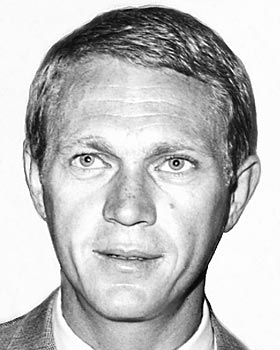

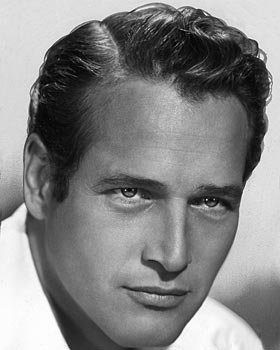
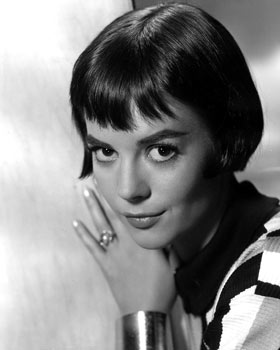
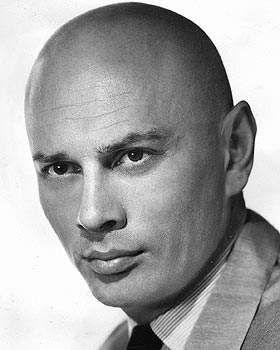
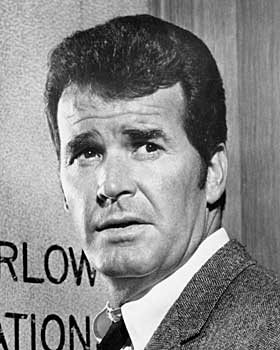
Five thoughts about Steve McQueen
Share a thought about Steve McQueen